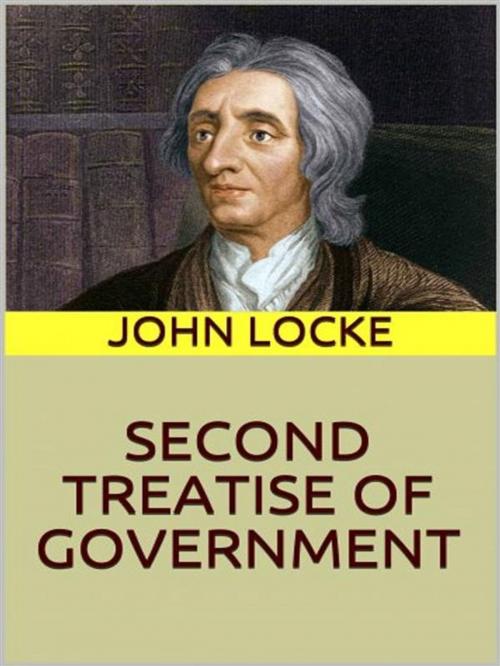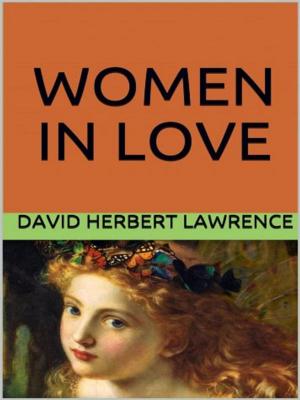| Author: | John Locke | ISBN: | 9788826090269 |
| Publisher: | anna ruggieri | Publication: | October 2, 2017 |
| Imprint: | Language: | English |
| Author: | John Locke |
| ISBN: | 9788826090269 |
| Publisher: | anna ruggieri |
| Publication: | October 2, 2017 |
| Imprint: | |
| Language: | English |
The Two Treatises of Government (or "Two Treatises of Government: In the Former, The False Principles, and Foundation of Sir Robert Filmer, and His Followers, Are Detected and Overthrown. The Latter Is an Essay Concerning The True Original, Extent, and End of Civil Government") is a work of political philosophy published anonymously in 1689 by John Locke. The First Treatise attacks patriarchalism in the form of sentence-by-sentence refutation of Robert Filmer's Patriarcha, while the Second Treatise outlines Locke's ideas for a more civilized society based on natural rights and contract theory.
Two Treatises is divided into the First Treatise and the Second Treatise. The original title of the Second Treatise appears to have been simply "Book II," corresponding to the title of the First Treatise, "Book I." Before publication, however, Locke gave it greater prominence by (hastily) inserting a separate title page: "An Essay Concerning the True Original, Extent and End of Civil Government."
The First Treatise is focused on the refutation of Sir Robert Filmer, in particular his Patriarcha, which argued that civil society, was founded on a divinely sanctioned patriarchalism. Locke proceeds through Filmer's arguments, contesting his proofs from Scripture and ridiculing them as senseless, until concluding that no government can be justified by an appeal to the divine right of kings.
The Second Treatise outlines a theory of civil society. John Locke begins by describing the state of nature, a picture much more stable than Thomas Hobbes' state of "war of every man against every man," and argues that all men are created equal in the state of nature by God. From this, he goes on to explain the hypothetical rise of property and civilization, in the process explaining that the only legitimate governments are those that have the consent of the people. Therefore, any government that rules without the consent of the people can, in theory, is overthrown.
The Two Treatises of Government (or "Two Treatises of Government: In the Former, The False Principles, and Foundation of Sir Robert Filmer, and His Followers, Are Detected and Overthrown. The Latter Is an Essay Concerning The True Original, Extent, and End of Civil Government") is a work of political philosophy published anonymously in 1689 by John Locke. The First Treatise attacks patriarchalism in the form of sentence-by-sentence refutation of Robert Filmer's Patriarcha, while the Second Treatise outlines Locke's ideas for a more civilized society based on natural rights and contract theory.
Two Treatises is divided into the First Treatise and the Second Treatise. The original title of the Second Treatise appears to have been simply "Book II," corresponding to the title of the First Treatise, "Book I." Before publication, however, Locke gave it greater prominence by (hastily) inserting a separate title page: "An Essay Concerning the True Original, Extent and End of Civil Government."
The First Treatise is focused on the refutation of Sir Robert Filmer, in particular his Patriarcha, which argued that civil society, was founded on a divinely sanctioned patriarchalism. Locke proceeds through Filmer's arguments, contesting his proofs from Scripture and ridiculing them as senseless, until concluding that no government can be justified by an appeal to the divine right of kings.
The Second Treatise outlines a theory of civil society. John Locke begins by describing the state of nature, a picture much more stable than Thomas Hobbes' state of "war of every man against every man," and argues that all men are created equal in the state of nature by God. From this, he goes on to explain the hypothetical rise of property and civilization, in the process explaining that the only legitimate governments are those that have the consent of the people. Therefore, any government that rules without the consent of the people can, in theory, is overthrown.















